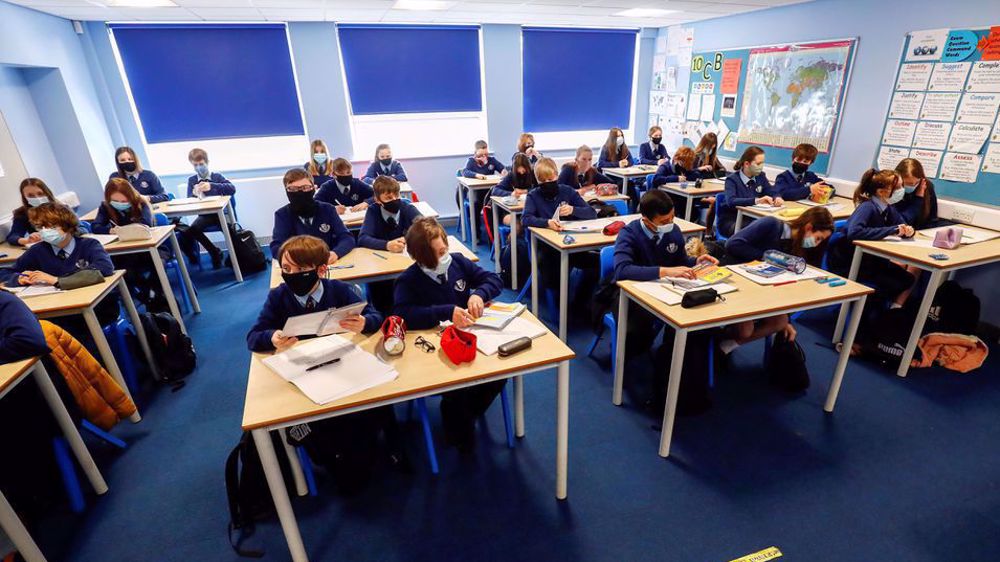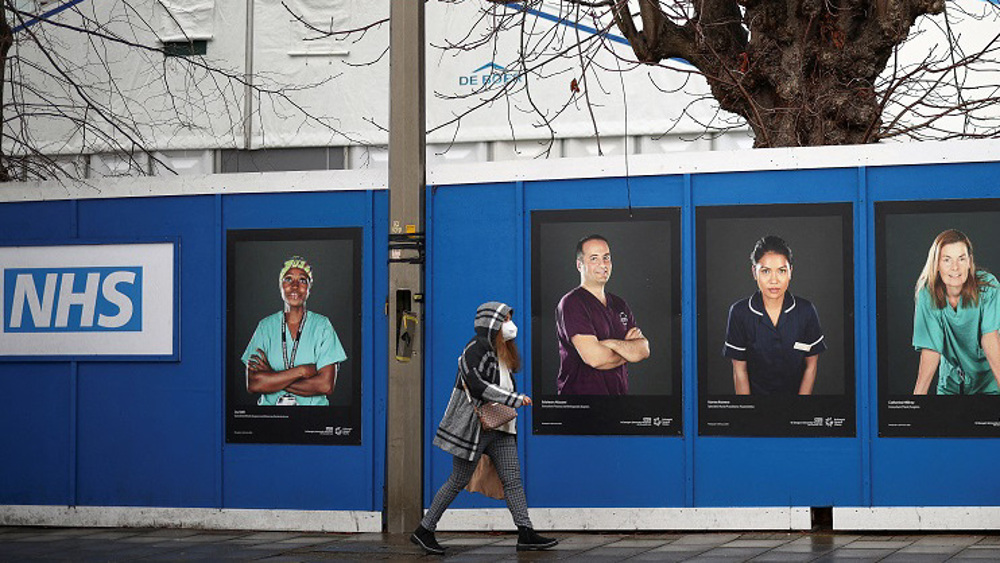UK’s education system breeds income inequality, study reveals
The UK’s educational system has long been festered with inequalities, as a result of which children from poorer backgrounds do worse throughout their lifetime compared to those born into richer households, a new study has revealed.
The findings of a new comprehensive study, published by the Institute for Fiscal Studies (IFS) Deaton Review of Inequalities on Thursday, show that there are pervasive and entrenched inequalities in educational attainment in the UK and that disadvantaged pupils start school behind their better-off peers.
The gaps between poor and rich children during the school years translate into huge differences in their qualifications as adults, the results show.
According to the research, only 57% of children who are eligible for free school meals are assessed as having a good level of development in meeting early learning goals, compared with 74% of children from better-off households.
What’s striking about the new findings, however, is that the great size of the disadvantage gap between students has remained constant over a long period of time.
The research also found that the disadvantage gap in GCSE attainment has barely changed over the past 15 years and is likely to increase following the COVID-19 pandemic, which looks to have hit the attainment of poorer primary school children twice as hard as students from rich households.
The study also organized the group of students based on their family income and found that with every increase in their family’s wealth, children are more likely to do better at school.
While less than 5 percent of British students in low-income families earned at least one A grade at GCSE, over a third of pupils from rich households received at least one top grade.
More than half of the children who grew up in the most deprived households can only survive their education up until GCSE level and not beyond. On the other side of the ledger, almost half of those from the richest households have university degrees.
Using the latest available data, the study proves that educational inequalities result in substantial differences in life chances, leaving millions of Britons disadvantaged throughout their lifetime.
Key findings from the report show that the UK’s education system allows inequalities at home to turn into differences in school achievement. “This means that all too often, today’s education inequalities become tomorrow’s income inequalities.”
Imran Tahir, a Research Economist at IFS and an author of the report, noted that the UK government could narrow down the inequality gap but it has failed to do so, causing the British students to “bake in failure from an early age.”
“The English system could do a lot better. School funding has become less progressive over time, and the resource gap between the state sector and independent schools is widening. Teaching in more disadvantaged schools is less good: while virtually all schools serving the most affluent had ‘outstanding’ or ‘good’ teaching,” Tahir said.
VIDEO | Al-Quds Committee in Amman honors memory of martyred journalist Iman Al-Shanti
VIDEO | Press TV's news headlines
VIDEO | Syria’s economy
VIDEO | Israel exceptionalism under US law
VIDEO | 1 million-plus settlers flee after Yemeni missile strikes Tel Aviv metropolitan area: Media
US pushes new strike group into region after aircraft carrier flees Yemen’s firepower
World has ‘embarrassingly failed to stop Israel amid incessant US support’: FM
Iran-Egypt ties poised for revival as first Iranian president visits Cairo in 11 years











 This makes it easy to access the Press TV website
This makes it easy to access the Press TV website